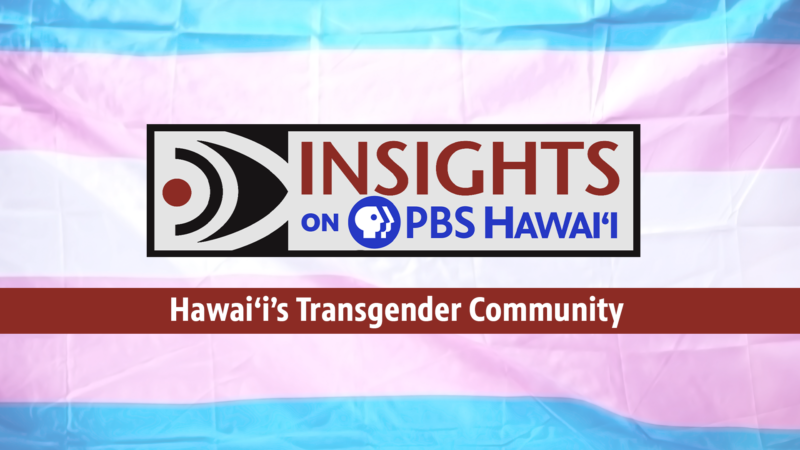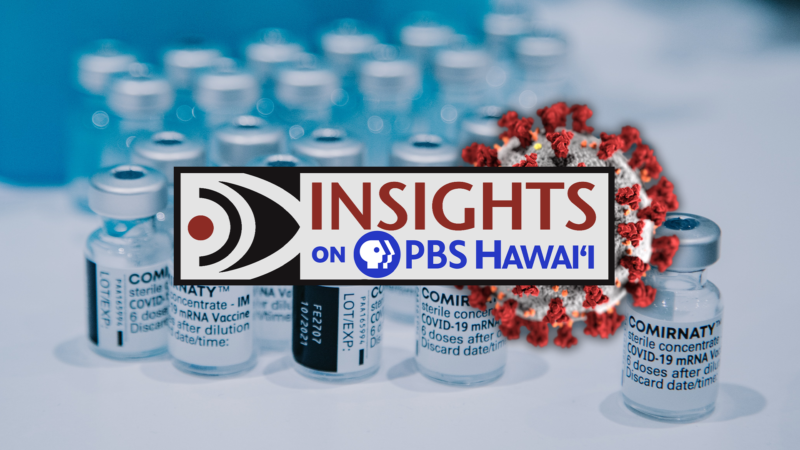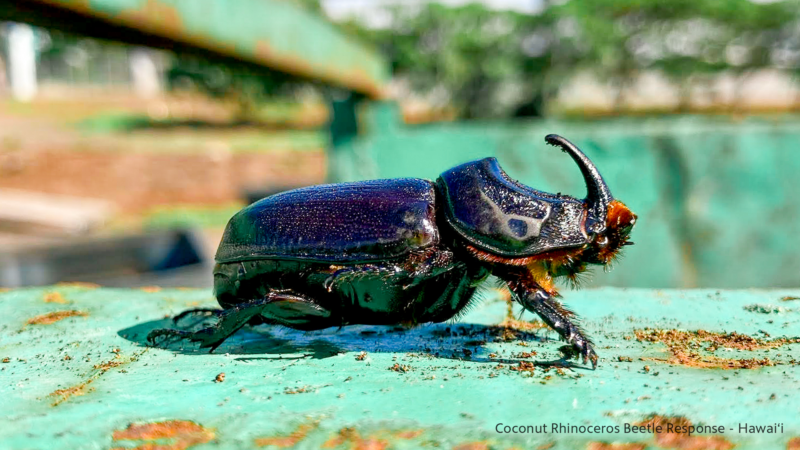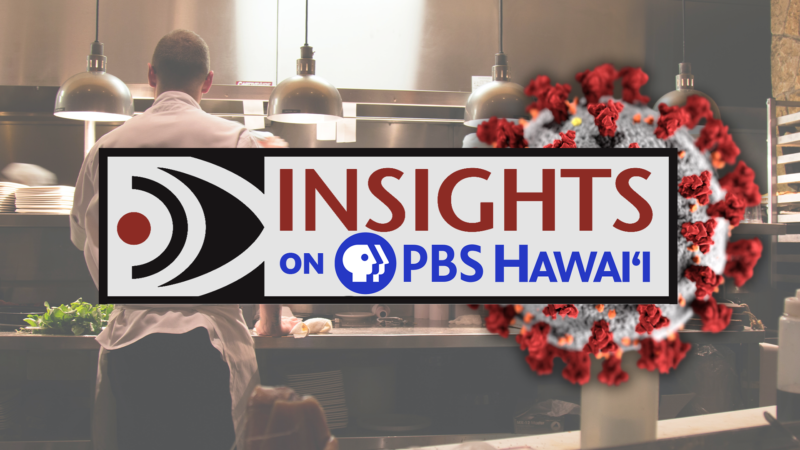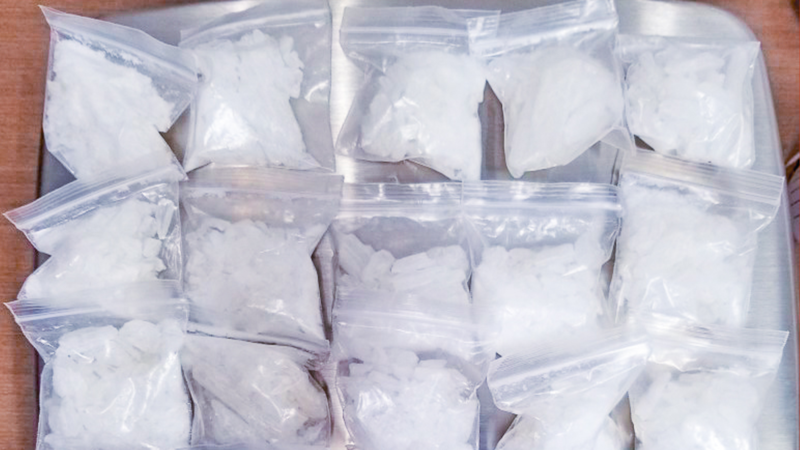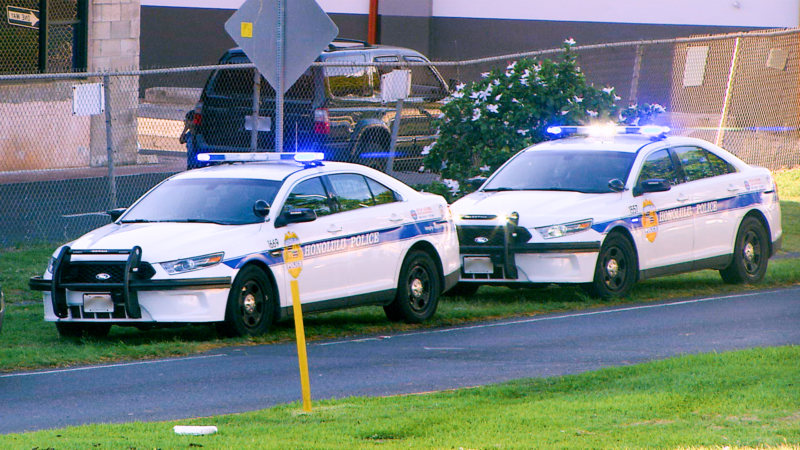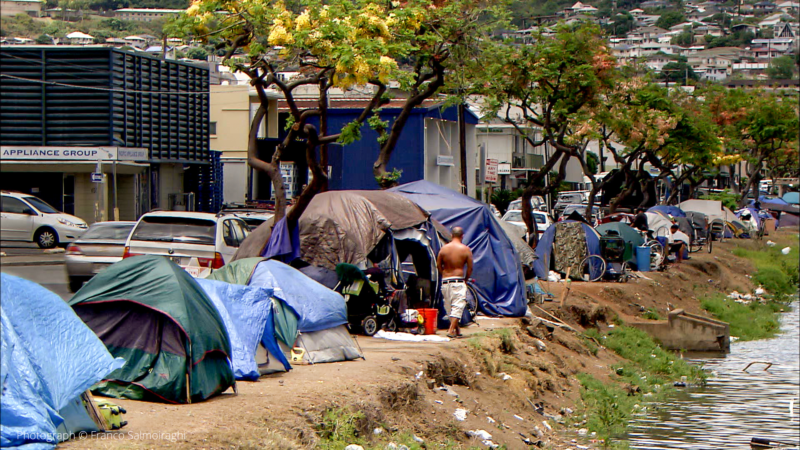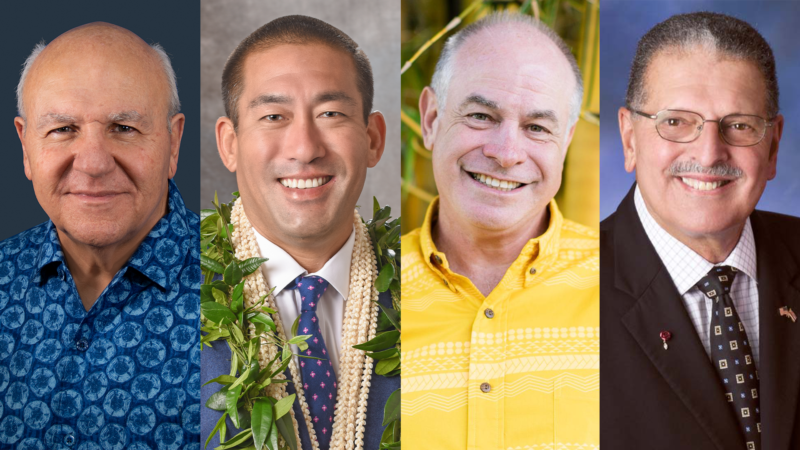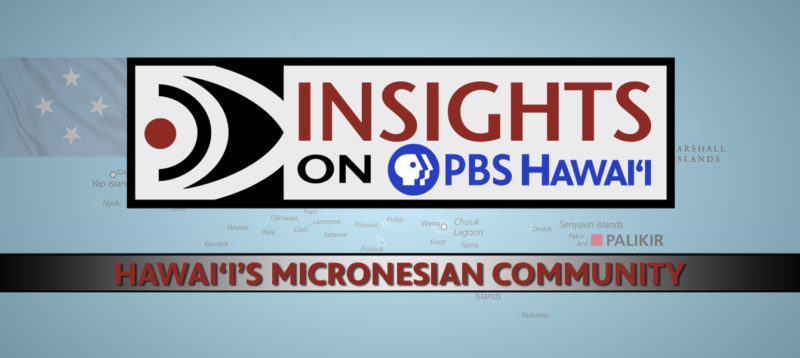Hawaiʻi’s growing transgender community is thriving, but continues to struggle with bias, discrimination and a lack of acceptance. Advocates say the best way to understand what being transgender is like is to talk with people in that community and to listen to their stories.
The state and counties, and some businesses, now require proof by employees of COVID-19 vaccination. New restrictions limit gatherings, and proof of vaccination is now needed for patrons of gyms and for dine-in service at restaurants. Join us for a COVID-19: Vaccination Update.
From the coconut rhinoceros beetle to coqui frogs to noxious weeds and foreign algae choking our reefs, these are just some of the so-called invasive species causing problems across our state. What can be done to get rid of them or at least minimize their impact?
While businesses that survived COVID-19-induced government lockdowns were hopeful and optimistic as they re-opened to fewer restrictions, they faced a new challenge: a shortage of employees. Find out what is being done to help support this employee shortage on COVID-19: Help Wanted.
With COVID-19 dominating news coverage for the past 18 months, there isn’t much talk about crystal methamphetamine. Ice, as it is often referred to, remains the dominant illicit drug in the Islands. INSIGHTS features Crystal Meth: Still Hawaiʻi’s Most Illicit Drug.
While Honolulu Police statistics show crime was down overall in 2020, shootings, stabbings, assaults and thefts on Oʻahu seem to top news headlines more often than not lately. With more residents and tourists out-and-about this year, are there more opportunities for crime?
The University of Hawaiʻi Rainbow Warrior football team will play its home games at home – on the UH Mānoa campus – for the first time ever. UH is upgrading the Clarence T.C. Ching Field to prepare for the home opener on September 4.
Hawaiʻi continues to search for solutions to its homeless crisis. In Honolulu, with a new administration at the helm, city officials are looking at a new strategy to help get people off the streets. Find out what’s different about this approach and why advocates think it could work.
Join us as Hawaiʻi’s four county mayors talk with us on the unique challenges they are facing on the islands they lead while also finding ways to navigate the pandemic.
There are an estimated 15,000 Micronesians in Hawaiʻi, many of whom migrated here for employment opportunities and access to better health care. While Micronesians comprise only 1% of the state’s total population, many have encountered bias, discrimination and a general lack of respect.


